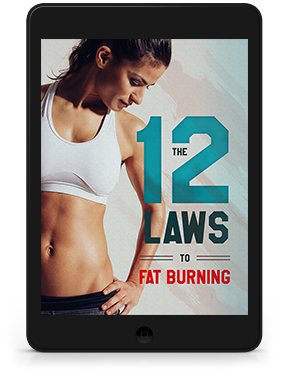
If you are a health educator, you have a very admirable profession. Health educators are necessary in all communities. Without access to a health educator, many people may suffer in silence and neglect taking care of themselves. Nurses and health teachers are two of the health educators most people will have interactions with. Being a health educator can be a very stressful and taxing job and possibly not one the public gives enough praise or respect to. As National Teacher Appreciation Day and National Nurses Day are both being celebrated this week, we are dedicating our blog to these two noble professions.
Becoming a Health Teacher
In the U.S., most elementary, middle- and high-schools will have a health teacher on staff. Health teachers provide education on a diverse range of health – related topics and encourage their students to lead a healthy lifestyle. Subject matters include:
- Human sexuality and sex ed.
- Anatomy
- Alcohol and substance abuse
- Bullying
- Nutrition
- The importance of exercise
- Personal hygiene
- Diseases and illness
- Mental health
In schools, the curriculum is set by the state though teachers may be required to source their own material to complement the coursework determined by the state. Health teachers also teach to public and private organizations such as hospitals, church groups and community centers. These teachers have both adults and children as students and the curriculum is not defined by the state.
It can take many years plus a lot of dedication and passion to become a fully certified health teacher. Amongst the standard requirements are:
- Excellent communication skills
- A passion for physical and mental health
- Bachelor’s degree in health science and/or education
- A State-issued certification
- Supervised teaching experience
If you ask any teacher of any subject, they will likely speak to you about how challenging it can be working with children and teenagers. Given the delicate and sometimes embarrassing nature of the subject matter taught by health teachers, their job may be even more challenging than some of their peers. However, there is often an immense payoff knowing that you are helping your students get off to a healthy and informed life.
Once you decide that a career as a health teacher is for you, you will need to make some decisions about your career path. There is a big difference between working with young children and older teenagers. Make sure you pick an age group that you are comfortable working with. If you are not keen on working with eight years olds, you probably shouldn’t teach in an elementary school! Similarly, if a trickier subject like sex ed. is not something you are comfortable speaking about in public, you may want to avoid middle- and high-schools.
Becoming a Nurse
Many experts are predicting that there will be a global shortage of nurses over the next decade. A lot of countries, the U.S. included, are trying to entice foreign nurses to their shores as the shortage deepens. To many, nursing is not a glamorous career choice. The inevitable challenges and frustrations are too much for some people which put them off pursuing nursing as a profession. However, nursing can also be a very rewarding career.
Nursing shares some of the traits of being a health teacher. Nurses provide healthcare but the role of a nurse is also to provide education and emotional support to patients. There are many types of nurses and each one provides a valuable service to the community they work in. It’s never too late to start your education to become a nurse. As a nurse, people will come to you for information and education. However, in some cases you may find yourself in a situation where the person has not asked for help but you know they need it. It can take a lot of confidence and emotional strength to perform nursing duties. If you are considering the possibility of nursing as a job, ask yourself if you possess the following skills:
- Compassion
- The ability to communicate effectively with patients and peers
- Stamina to work long hours
- Excellent organizational skills
- Quick and critical thinking
Of course, these soft skills aren’t all you need in order to become a nurse. Before you can educate others, you need to be educated first. To become a nurse, the requirements are:
- Completion of a vocational training program, an Associates degree, a Bachelor’s degree or a Master’s degree. The minimum qualification will vary depending on what type of nurse you want to become
- State licensure
- Certification to show that you can work with certain groups (e.g. kids, the elderly, people with mental health issues). If you want to become a nurse educator, you may be required to obtain a separate certificate in this field before you are allowed to practice
If either of these professions appeals to you, now is a great time to start your career in health education. The job market for high-school teachers is expected to grow 6% between 2012 and 2022 with the greatest demand for teachers in inner-cities and rural areas. The growth rate for nurses is even higher, in part due to the shortage. During the same period of time, the demand for nurses is estimated to grow between 19% and 25%. That’s a lot of job opportunities!
Feeling better about your health or fitness shouldn’t be a chore. If you ever need some extra support, come by BEFIT to speak with one of our trainers or simply fill out a Free Consultation Request by clicking the link and a fitness professional will reach out to you within 24 hours.













Leave a Reply